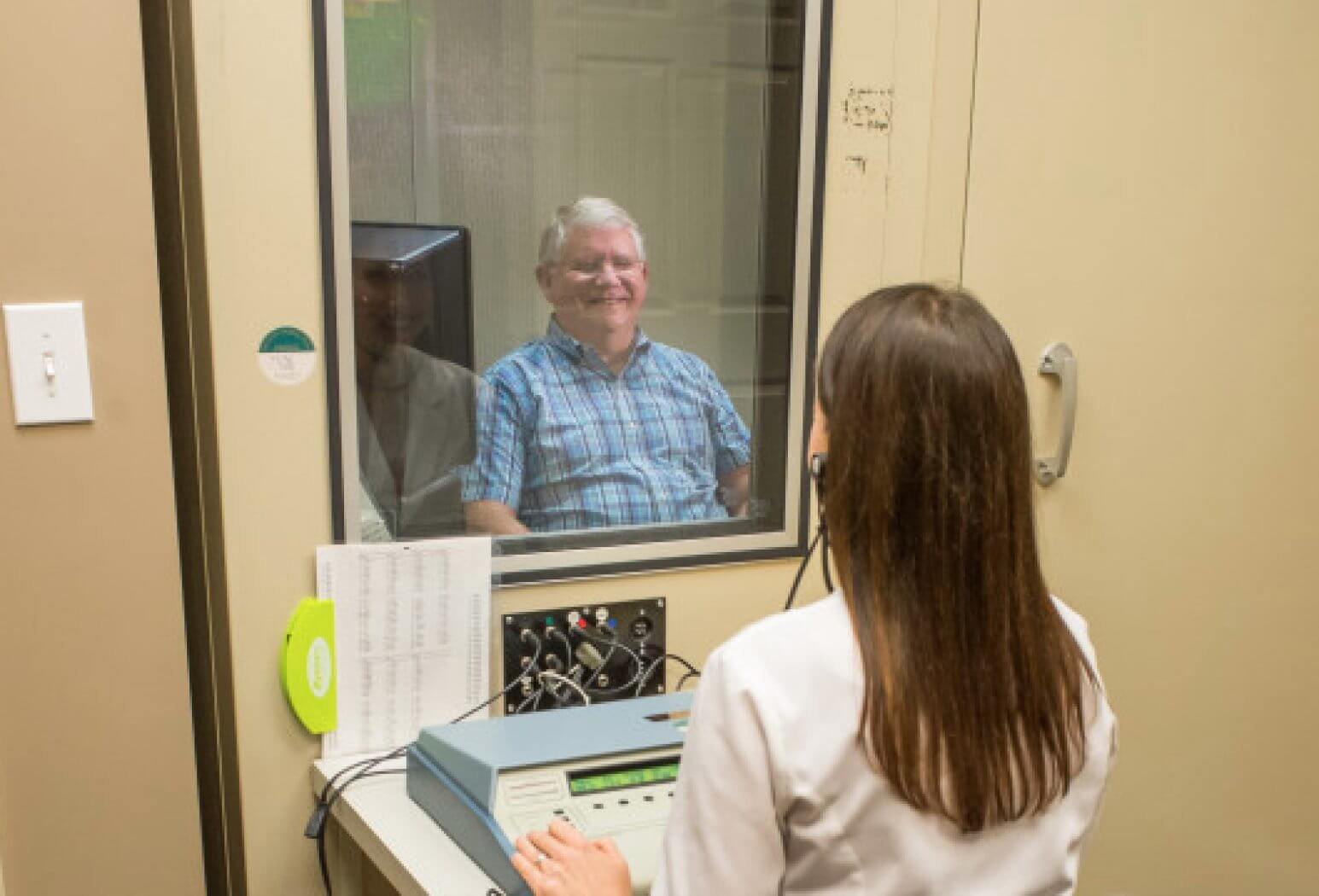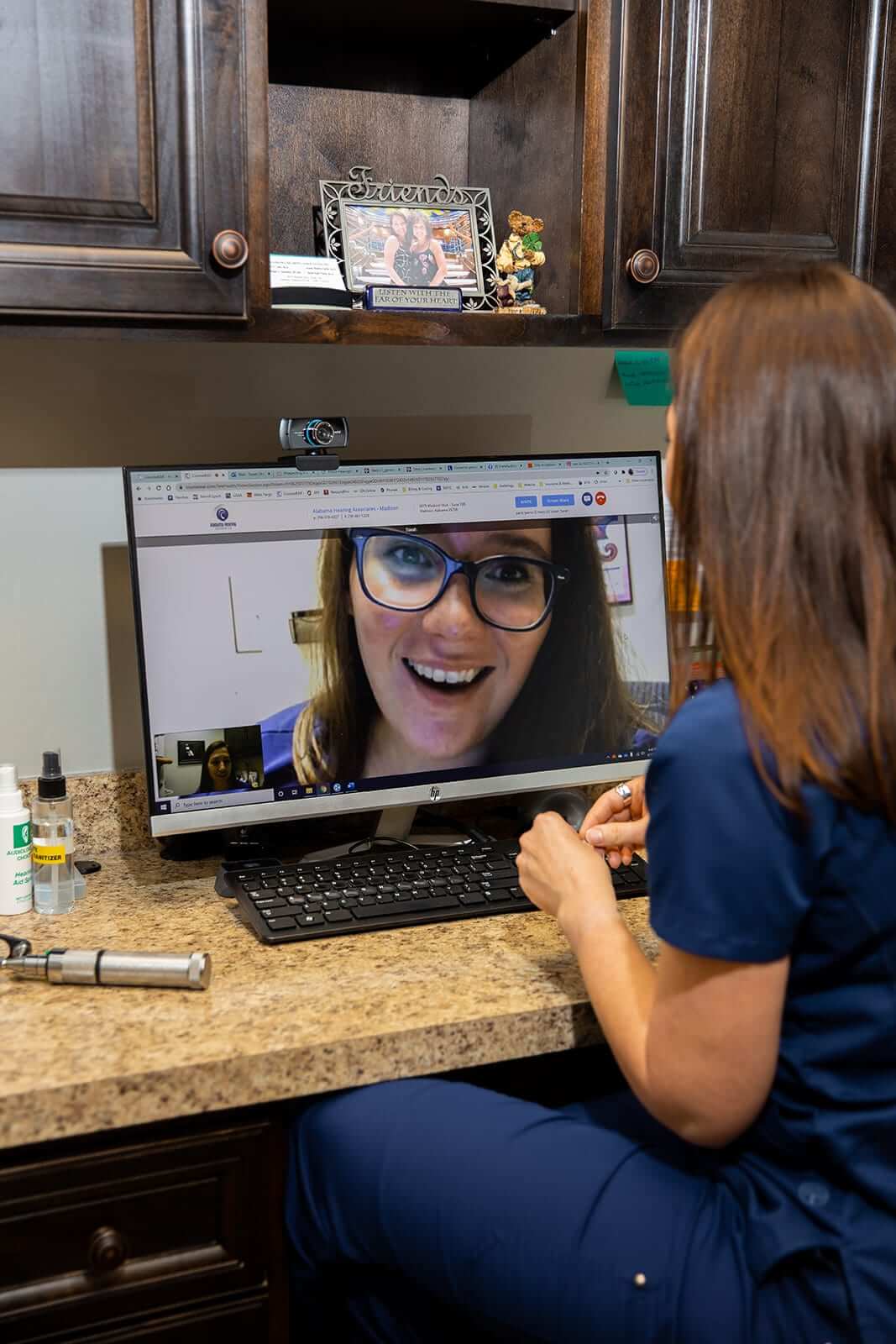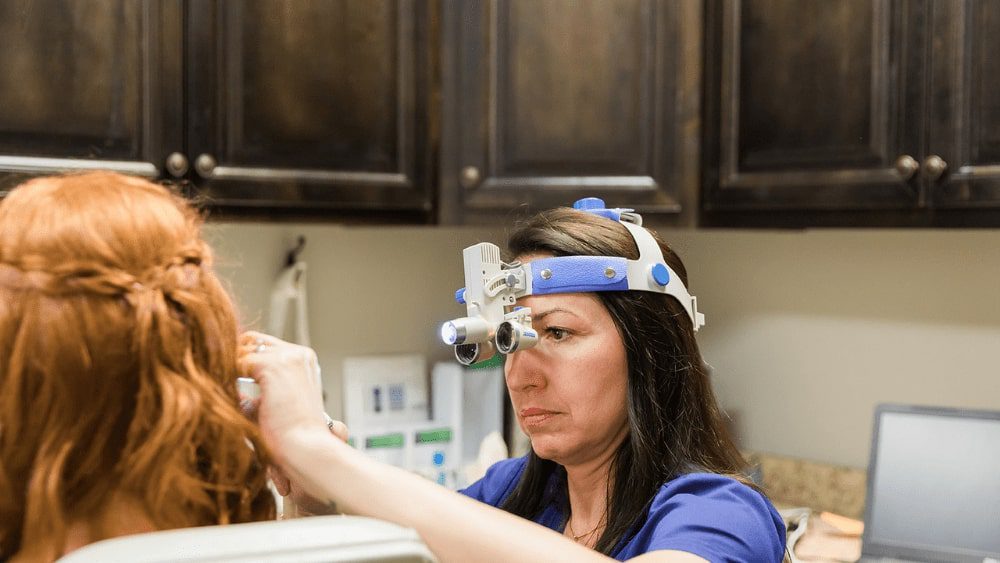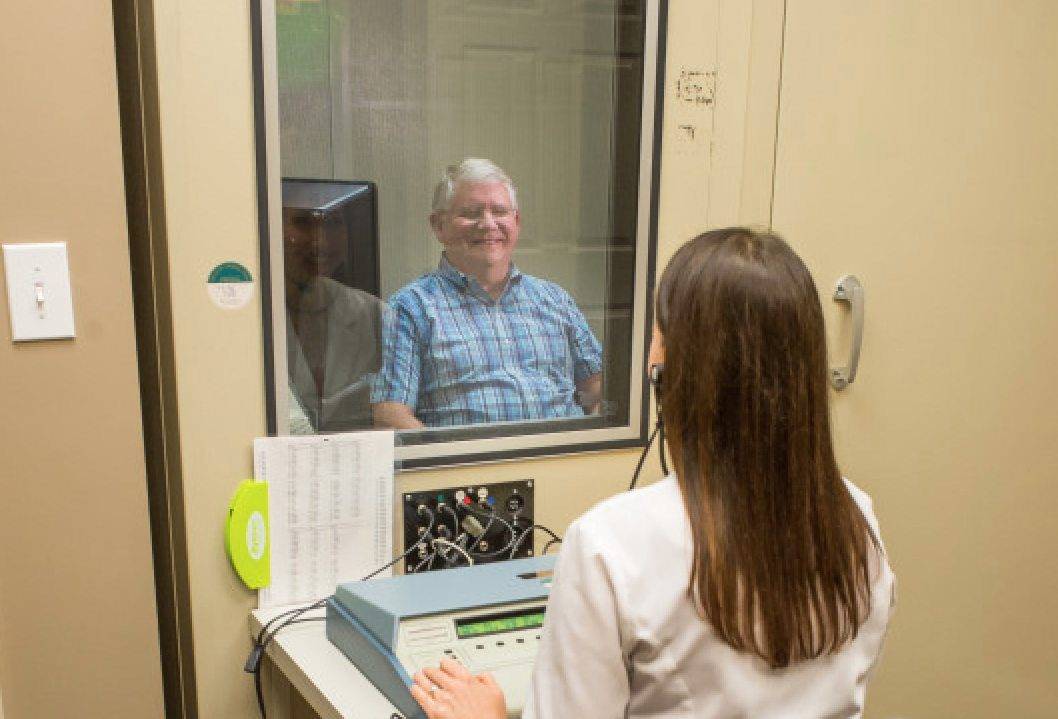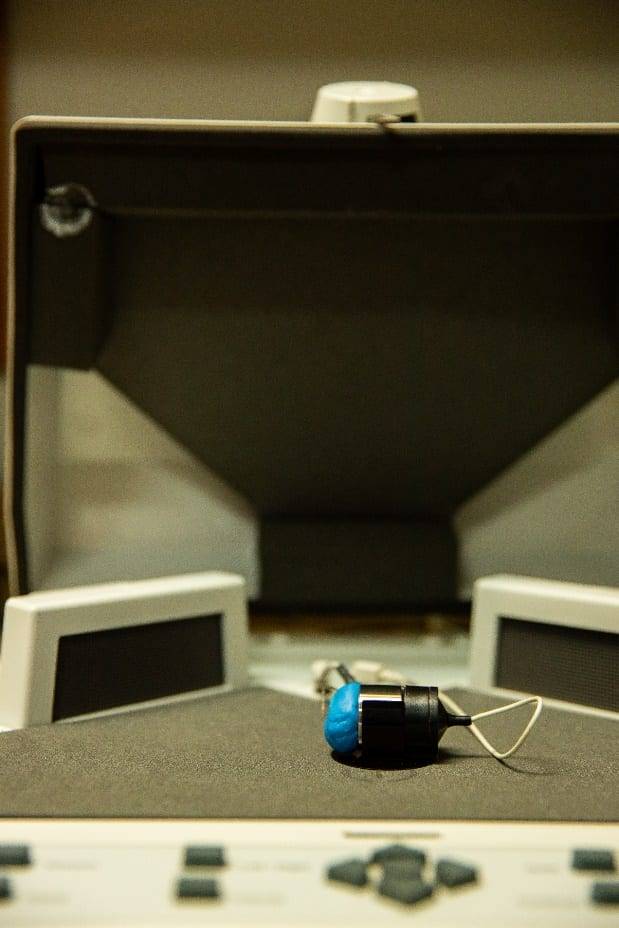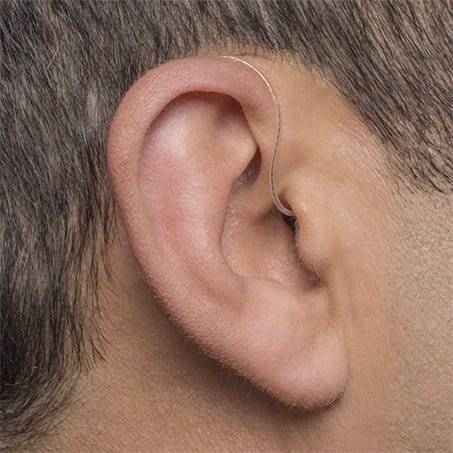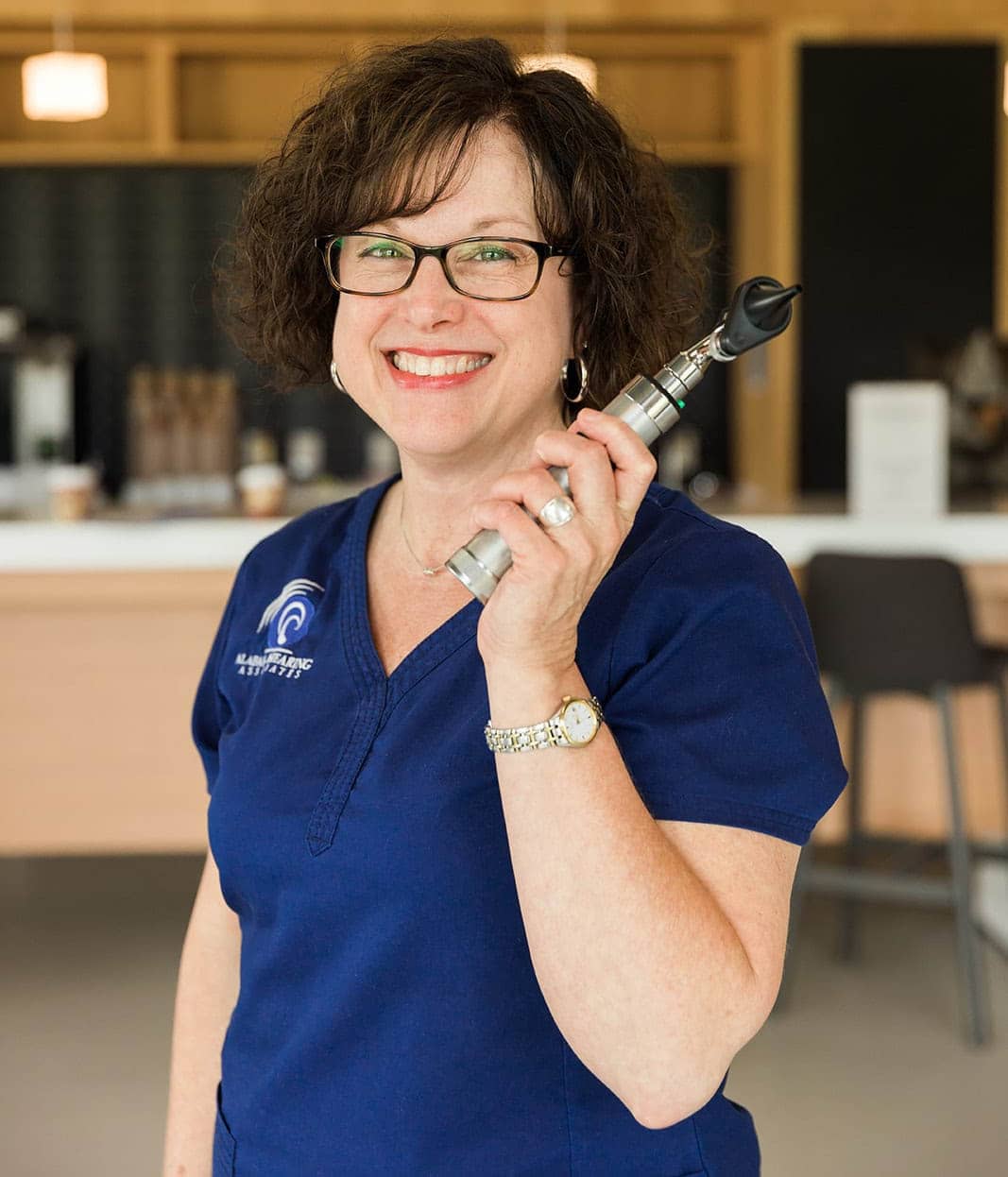Tinnitus, commonly referred to as the ringing in the ears, can be a distressing condition that affects millions of people worldwide. It can manifest as a constant or intermittent noise, such as ringing, buzzing, hissing, or whistling, and can significantly impact one’s quality of life.
While there is no exact cure for tinnitus, there are various natural approaches and lifestyle changes that can help reduce its impact and provide relief.
In this blog post, we will explore various strategies on how to cure tinnitus naturally.
The Importance of Getting an Accurate Tinnitus Diagnosis
Getting an accurate tinnitus diagnosis is important for several reasons. Primarily, it helps rule out any underlying medical conditions that may be causing or contributing to the tinnitus. Identifying such conditions is crucial for appropriate treatment and management.
An accurate tinnitus diagnosis gives healthcare professionals the opportunity to customize treatment plans to the specific needs of the patient. Tinnitus is known to have different causes and mechanisms, and what works for one person may not be effective for another.
By getting an accurate diagnosis, audiologists and healthcare providers can recommend targeted therapies, such as sound therapy, medication, or counseling, that are most likely to alleviate the symptoms.
Tinnitus Treatment
The treatment for tinnitus will depend on the cause or factors triggering tinnitus. In most cases, managing tinnitus will be a combination of medical and natural remedies, including lifestyle changes.
Maintain Hearing Health
Preserving your hearing and preventing further damage is important for managing tinnitus. Keep the volume levels of electronic devices at a reasonable level and wear hearing protection in noisy environments, such as concerts or construction sites. Taking regular breaks from loud noise exposure can also help minimize the risk of developing tinnitus.
Relaxation Techniques
Anxiety and stress can exacerbate tinnitus. Incorporating relaxation techniques, such as yoga, deep breathing exercises, or meditation, into your daily routine can help reduce these symptoms. Engaging in activities that bring you joy and practicing good sleep patterns can also contribute to stress reduction.
Sound Therapy
Sound therapy aims to mask the internal noise of tinnitus with external sounds. Fans, white noise machines, or nature sounds can provide a soothing background noise that helps mask tinnitus. Listening to soft music or using smartphone apps specifically designed for tinnitus relief can also be beneficial.
Dietary Considerations
Certain dietary changes may potentially alleviate tinnitus symptoms. Limiting alcohol and caffeine intake, reducing salt consumption, and avoiding trigger foods (such as those high in sugar or processed ingredients) might help.
Cognitive Behavioral Therapy (CBT)
Tinnitus can be accompanied by emotional distress and negatively affect mental health. Cognitive Behavioral Therapy (CBT) is a psychotherapeutic approach that aims to change negative thought patterns and behaviors, helping individuals develop coping strategies, reduce anxiety, and improve overall well-being while living with tinnitus.
Tinnitus Coping and Support
Coping with tinnitus can be challenging, but there are several resources available to provide assistance and support. Counseling and support groups can play an integral role in helping individuals manage the psychological and emotional impact of tinnitus.
For severe tinnitus, counseling sessions with a mental health professional can provide a safe space for individuals to express their concerns, learn coping strategies, and address any underlying anxiety or depression related to tinnitus.
Support groups bring together individuals who are experiencing similar challenges with tinnitus. Sharing experiences, exchanging tips, and providing emotional support can be incredibly empowering and reassuring. Support groups can be found locally or online, and they offer a sense of community and understanding.
Education about tinnitus is also important for individuals and their loved ones. Understanding the condition, its causes, and available management strategies can help individuals feel more empowered and in control. Educational resources, reputable organizations, and online forums dedicated to tinnitus provide valuable information and guidance.
By accessing counseling, support groups, and educational materials, it is easier to find solace, learn effective coping techniques, and connect with others who share similar experiences with tinnitus.
How to Cure Tinnitus Naturally vs. Medically
When it comes to treating tinnitus, there are two main approaches: natural remedies and medical interventions.
While natural remedies focus on holistic approaches and lifestyle changes, medical treatments involve seeking professional assistance from an audiologist or healthcare provider. While natural remedies may provide relief for some individuals, it’s important to note that they may not work for everyone.
Tinnitus is a complex condition with various underlying causes, and what works for one person may not work for another. Therefore, it is important to consider seeking medical intervention.
Audiologists in Madison and Huntsville, Alabama
While there is no instant cure for tinnitus, natural remedies, and lifestyle modifications can help manage its impact and improve your quality of life. However, remember to consult with medical professionals, such as audiologists to get a proper diagnosis and receive a tailored treatment plan to address your specific needs.
Alabama Hearing Associates is an audiology clinic with expert audiologists providing hearing tests, tinnitus evaluations, and other audiology services in Madison and Huntsville, Alabama.
Contact us today to schedule an appointment!


